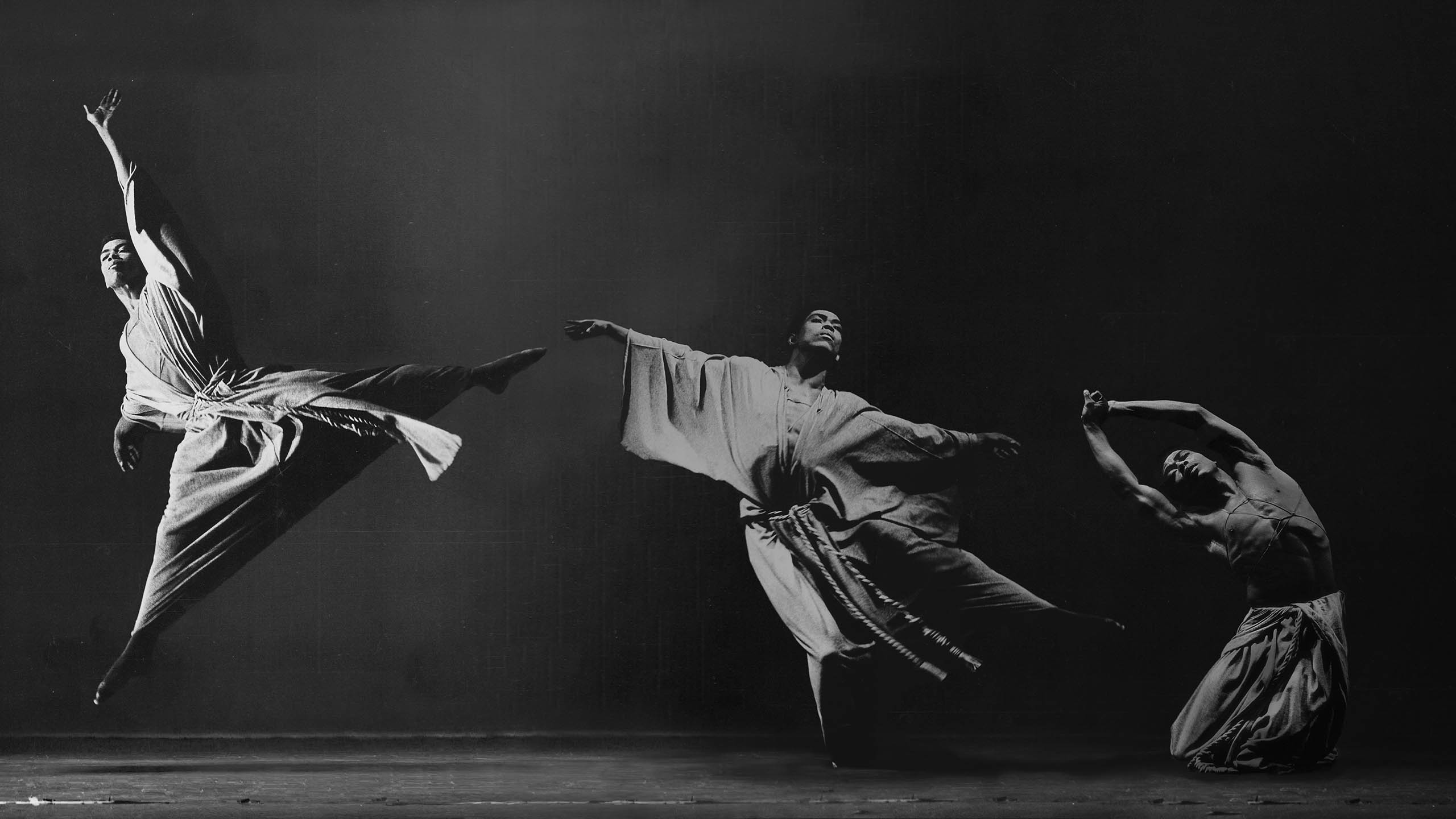What to Watch Verdict
This film is a joyous celebration of Black artistry that examines the life of Alvin Ailey with love and empathetic admiration.
Pros
- +
🩰Progresses fluidly through the events of his life.
- +
🩰Beautiful use of music and archival footage dance.
- +
🩰Allows Ailey to narrate his own story.
Cons
- -
🩰Brushes past important details of his life.
- -
🩰Much of his stories are without footage to match the narrative.
Ailey is part of our Sundance Film Festival 2021 coverage. You can find all of our reviews here.
To say that our screens are lacking in Black joy would be an understatement. This past year has inundated us with stories and images of trauma and though there is some relief in the triumphs of the movement, the lack of celebration aches. This makes certain Sundance offerings all the more joyous. Opening night’s Summer of Soul (...Or, When The Revolution Could Not Be Televised) was euphoric. The premiere of Ailey offered a grounded yet evocative look at Black artistry — a way to keep the joy going. Notably, both are documentaries equipped with skillful direction and powerful archival footage that reveals truth too often ignored: Black culture is rich and radiant.
Ailey grants legendary choreographer Alivin Ailey the agency to tell his own story. Combining his narration with that of his loved ones, the film paints an immersive portrait of the visionary artist that delves deep into his humanity. Director Jamila Wignot’s emotional documentary compels viewers to recognize the impact Ailey’s fame had on his sense of self. Even more, she makes the audience complicit in putting him on a pedestal, forcing a bittersweet reckoning in the films second half. Weighed down by the pressure of success and pain of his personal life, Ailey’s work often overshadowed the man beneath the fame.This biography celebrates all that Ailey’s company is, while meditating on the way acceptance of Black art can be performed to the detriment of the artist.
Within the first minute, viewers are graced by the presence of the late great Cicely Tyson, an early (though unintentional) sign that the film's journey will be emotionally raw. Ailey was famously propelled by his ability to contain wrought pain and beauty within the movements of a body: his choreography contained multitudes of joy, passion, anger and sorrow. Wignot aims to follow suit, framing the story of his life against the dance company’s 60th anniversary.
The development of Lazarus, a piece that celebrates this milestone through Ailey’s experiences growing up in the Jim Crow era, is indicative of the complexity of his selfhood. Seeing the choreography progress — the process of its creation and eventual realization on stage — is the epitome of catharsis. In this, the leaping back and forth in time is wholly effective, punctuating significant moments in his life with the company's powerful performances. Similarly, the film utilizes archival footage, showing the development of Ailey’s most famous pieces. There’s always been a degree of mysticism to Ailey’s choreography — so much so that you expect some power to be lost in the deconstruction of his work. Instead, it's made all the more beautiful with insight.
At times, the finer details and chronology of Ailey’s life do get lost in the shuffle from past to present. But to some degree, this abstraction is built into the narrative. The film progresses fluidly through his life, fueled by emotion and artistry. Ailey assumes basic knowledge of his name and reputation, making no effort to provide a crash course in legacy. Capturing Ailey’s spirit always takes precedent.
Bittersweet and carefully crafted, Ailey is made with a poignant sense of poetry. His vivid descriptions of his past mean the footage can’t always perfectly align but, in these moments, Wignot emphasizes emotional resonance over the literal. Her work grounds and humanizes the grand figure of Alvin Aliey, making for a powerful celebration of his art and life.
The latest updates, reviews and unmissable series to watch and more!

